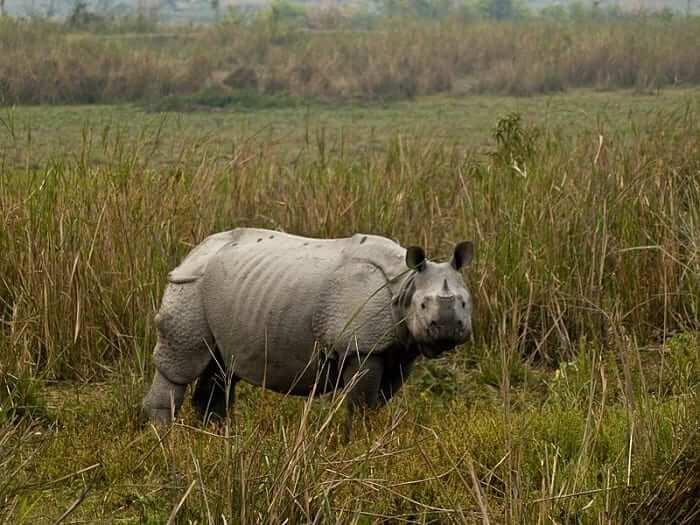The intergovernmental organisation has acknowledged the devastating floods currently affecting the state of Assam.
The Spokesperson for Secretary General Antonio Guterres, Stephane Dujarric said:
“Nearly four million people have been displaced in the state of Assam in India and neighbouring Nepal due to heavy flooding from monsoon rains, with the death toll at 189. The United Nations stands ready to support the Government of India, if required.”
The UN official said that access is the “biggest challenge” because search-and-rescue efforts are being hampered by landslides in remote areas. He also mentioned that the World Food Programme is working on reaching impacted communities and that helicopters are the only “viable option” at present.
According to officials in Assam, the floods have affected more than 70% of the state distressing 2.4 million people. The death toll due to the dangerous deluge is currently at 85.
While India has generally declined international assistance when dealing with natural disasters, it is still unclear if the government will accept the UN’s offer to help with the floods.
READ ALSO: 5 Indians who died serving the UN among those honoured

The floods have also posed a threat to the state’s famous Kaziranga National Park and Tiger Reserve which is a sanctuary for the one-horned rhino.
The Hindustan Times reported that at least 8 rhinos had drowned due to the heavy rains. Additionally, more than 2 million domesticated animals and over 1.4 million poultry birds were affected by floodwater.
Other national parks like the Manas and R.G. Orang national parks, the Pabitora wildlife and the Tinsukia wildlife sanctuaries were also affected.
Moreover, the UN spokesperson referred to data from the World Meteorological Organisation when he affirmed that locusts are a serious threat to food security in parts of India. He said it is because of climate change linked to human activity.
“WMO said that extreme weather events and climatic changes such as increases in temperature and rainfall over desert areas, and the strong winds associated with tropical cyclones, provide a new environment for pest breeding, development and migration,” he added.
India’s Agriculture Ministry announced last week that swarms of immature pink locusts and adult yellow locusts are still active in some districts in Rajasthan and Uttar Pradesh.
In particular, 79 control teams with spray equipment-mounted vehicles, over 200 Central government personnel, 50 technical officers and 22 drivers are said to be working on locust control operations. The Ministry also announced that 15 new Ulvamast sprayers have been supplied to India by Britain.
READ ALSO: India elected to UN Security Council with overwhelming majority



